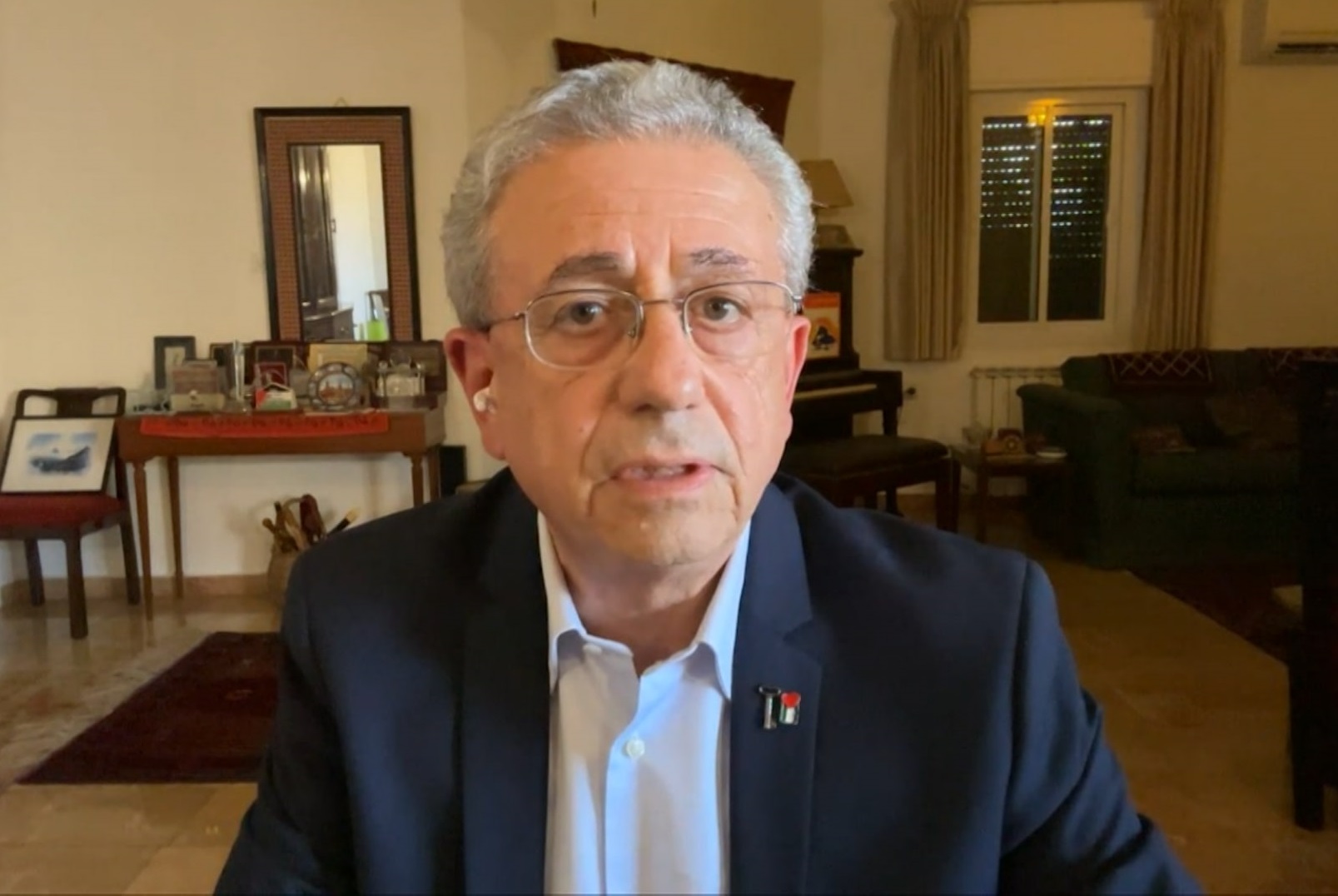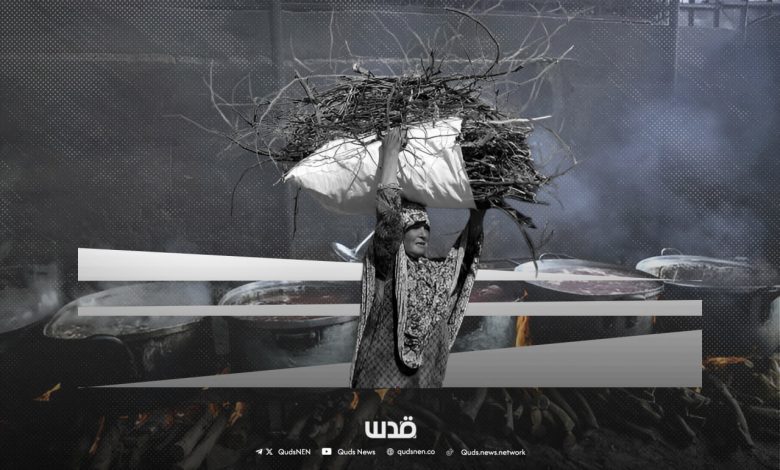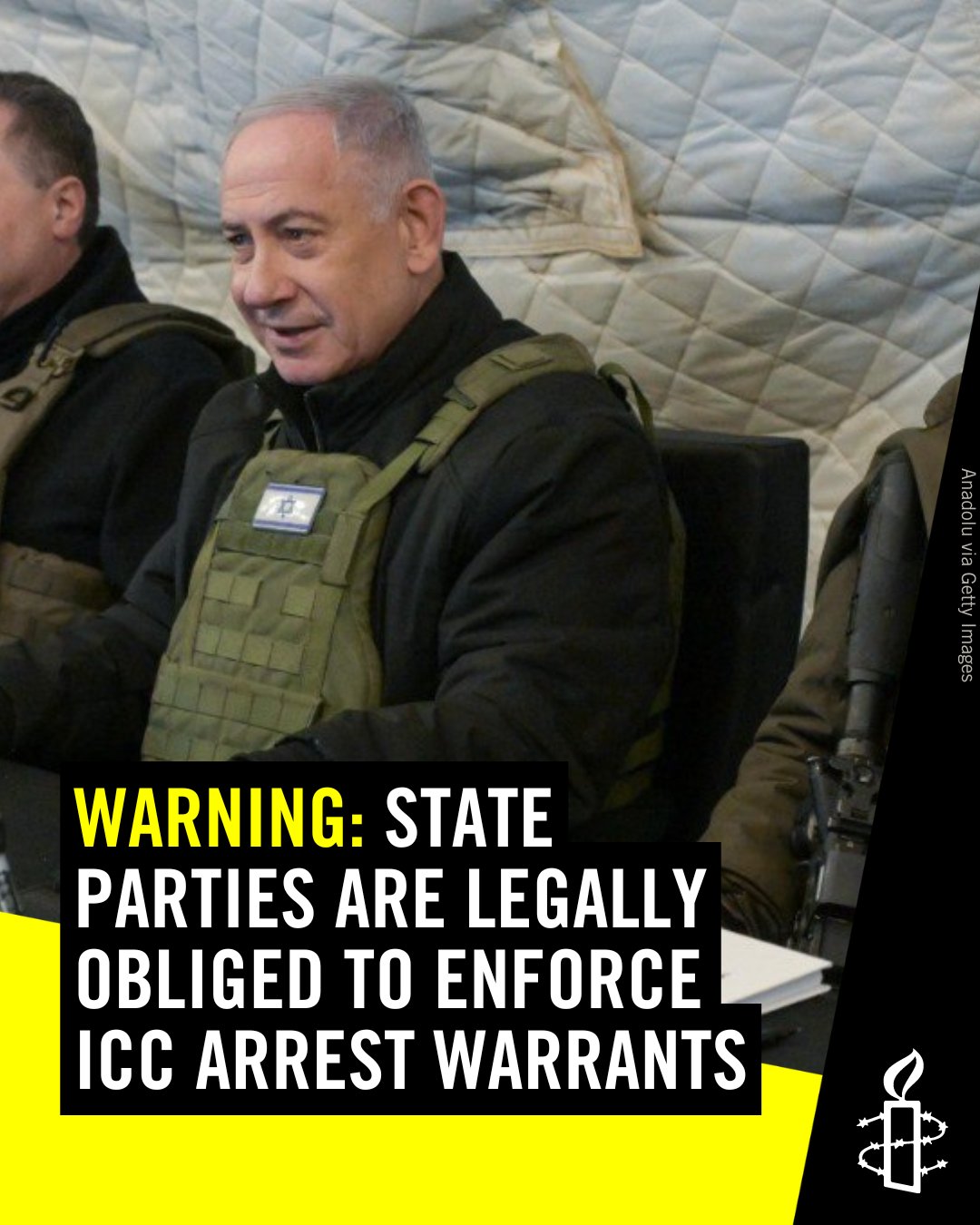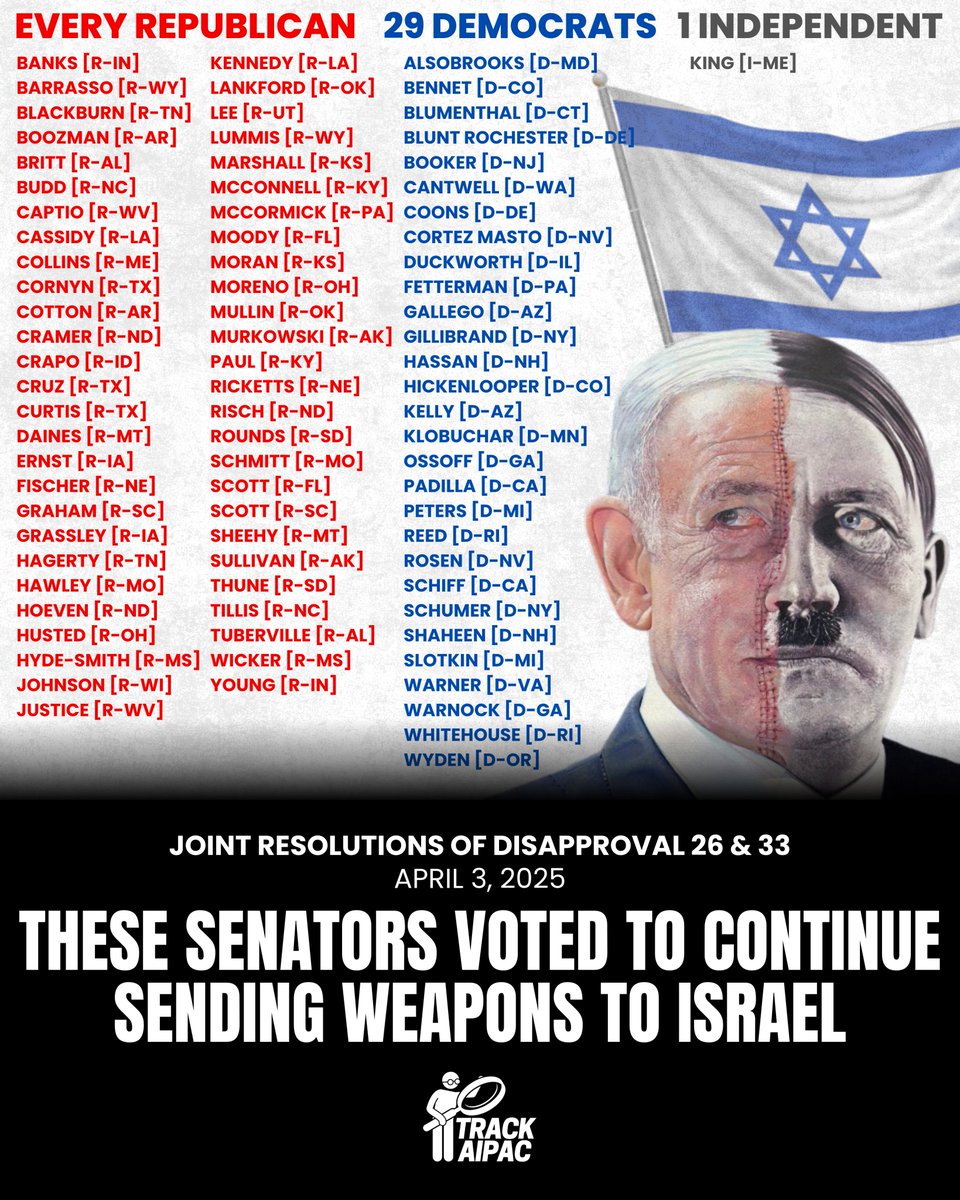‘Can You Look in The Mirror After You Have Bombed an Entire Neighborhood?’
By Dr Ahmad Tibi
In the midst of the Spanish Civil War, some time in 1937, fascist dictator Francisco Franco’s regime bombed the Basque town of Guernica, with the help of Germany and Italy. In less than four hours, and after bombs weighing a total of 22 tons were dropped on it, the town was completely destroyed.
Hundreds were killed in the bombardment, which shocked the entire world and became a symbol of the cruelty of those times. Guernica was immolated in the fire of fascistic propaganda and in historical memory it is testimony to the fragility of justice during war. Pablo Picasso’s famous masterpiece, “Guernica,” has become a symbol of the destruction and horror of war.
In the bombing of Guernica, no pilot refused to obey orders. They flew – and carried out their job as dictated. Obedient soldiers. Eighty-seven years later, it is the same old song. No Israeli pilot has stood up and said “No.” “This is the limit.”
The bombardments in the Gaza Strip have hit and damaged hospitals, schools, kindergartens, mosques and churches, bakeries, public buildings and entire neighborhoods – leaving behind tragedies too numerous to elaborate – and not a single pilot has said “No.”
The pilots, who in their private lives are apparently considered by themselves and their surroundings moral men of integrity and values, sons of parents, fathers of children, good friends to their buddies – have made themselves a major part of the well-oiled killing machine that knows no mercy. Or limits.
During the past 14 months, and after multiple Guernicas in Gaza – human morality is facing yet another test. Since the war began, tens of thousands of children, women and men have lost their lives, and entire towns – like Beit Hanoun, Beit Lahia and Jabalya – have been wiped off the face of the earth in bombings by the IDF.
Cities comparable in population size to Herzliya and Dimona have been bombed into rubble. And the world, with its silence and its armaments and materiel support, is supporting this. The media in Israel wobbles between total denial and depicting the actions as heroic, justified, essential deeds.
How can a pilot be proud of this? How does he sleep at night? Killing 17,000 children and wounding about 100,000. Killing masses of civilians is not “self defense” even in the face of the horrors of the killing of dozens of children alongside hundreds of other civilians in the Gaza border communities.
We have arrived at an absurd rule: Nothing justifies October 7 – but in the name of October 7 everything is justifiable. There is no security justification for such massive bombing. No military action can justify bombing helpless human beings, or the eradication of Beit Lahia, Beit Hanoun and Jabalya from the face of the earth. This ethnic cleansing is reminiscent of the ethnic cleansing of 530 villages in 1948.
In the Israel of 2024, after 14 months of nearly constant bombardment, day and night – the voice of refusal has gone silent and is unheard. In the Jewish Israeli public, voices of protest and resistance are hardly audible.
The planes thunder and morality is silenced – and there are even those who are demanding yet more bombing and even more destruction. The few who refused to be conscripted this year – for example, Ido Ilam – and kudos to him for that – can be counted on the fingers of one hand, and the letters of refusal and resistance actions on the fingers of two, but no more than that.
Conscientious objection is entirely a personal gesture: It is a political act of resistance to the system. It is a refusal to commit war crimes in the name and for the sake of the system, a refusal to be part of a process of destruction and ruin. A refusal to kill. A refusal to steal. To destroy. To burn down a home. To rob. To deprive. And to ruin. But refusal only because of a judiciary reform is not enough.
Without refusal to take part wholesale military destruction, human society sinks ever deeper into its moral darkness, which has no limits.
“The West,” which for years fought for the values of democracy and human rights, is choosing to turn a blind eye to the horrors of Gaza. Under cover of “the right to self-defense” – as though Israel were not a regional military superpower and lacked might and means – the West is allowing it almost unlimited freedom of action and giving it a green light to destroy Gaza and deepen the occupation of the Syrian Golan Heights.
The ethnic cleansing taking place before our very eyes, and which is being broadcast live on social media, is made possible under the auspices of the Western countries that are enlightened only in their own eyes.
And the administration of the Democrats in the United States, led by President Joe Biden and Secretary of State Antony Blinken, will be remembered forever in disgrace, alongside Prime Minister Benjamin Netanyahu, as the destroyers of Gaza, perpetrators of ethnic cleansing and mass murder of women and children.
What will they say about this a few decades hence? What will you tell your children? Your grandchildren?
Ultimately, every individual’s morality – including a pilot’s morality – is measured by his deeds. What he agrees to do and what he refuses to do. Are you prepared to press the button that will kill scores of children? That will burn to death three generations of a single family? Can you look in the mirror after you have bombed an entire neighborhood?
Do you love the person the mirror reflects back to you in the morning? Gaza, like Guernica, did not ask to be a moral test and a symbol of the human cruelty of these times. Above all, it is a place, a home to millions of people – men, women and children – who want to live outside the walls of the biggest prison in the world. A prison that has become the biggest graveyard in the world.
Gaza, like Guernica, reminds us how important it is to resist and refuse to participate in injustice – loudly and clearly, even at a steep personal price. Where there is resistance, there is hope, and where there is hope there is a future for all of us.
Dr Ahmad Al Tibi is a Palestinian-Israeli politician and has been a member of the Knesset since 1999. This opinion was reproduced from the Israeli Haaretz.

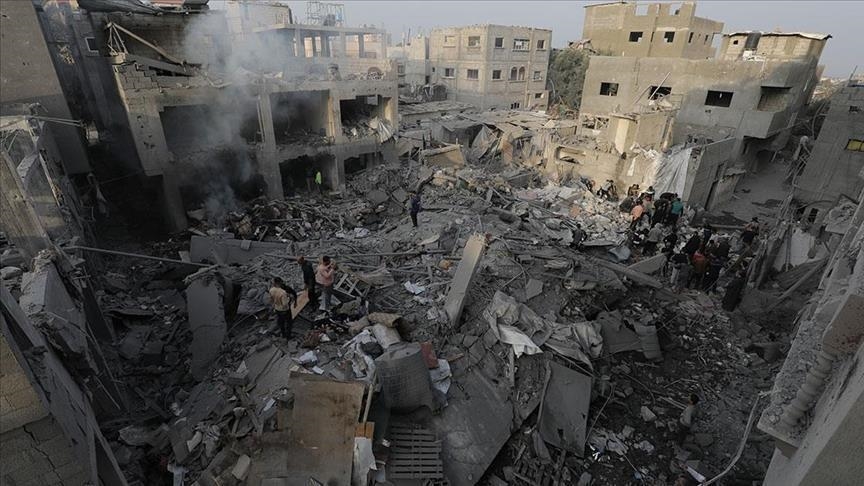
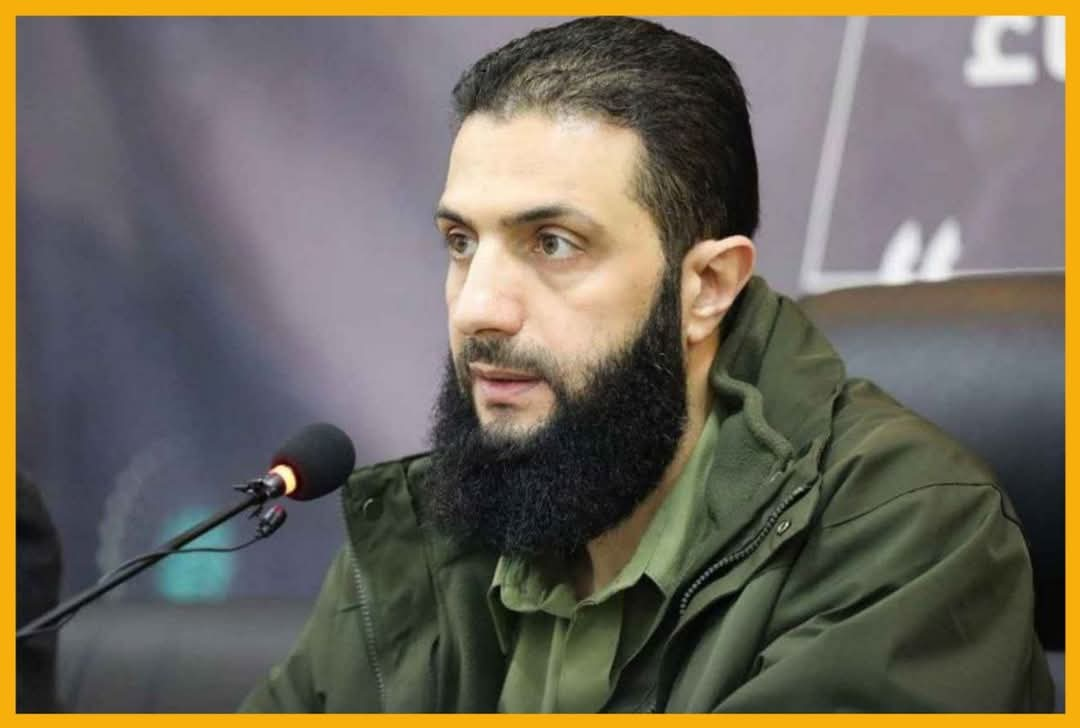
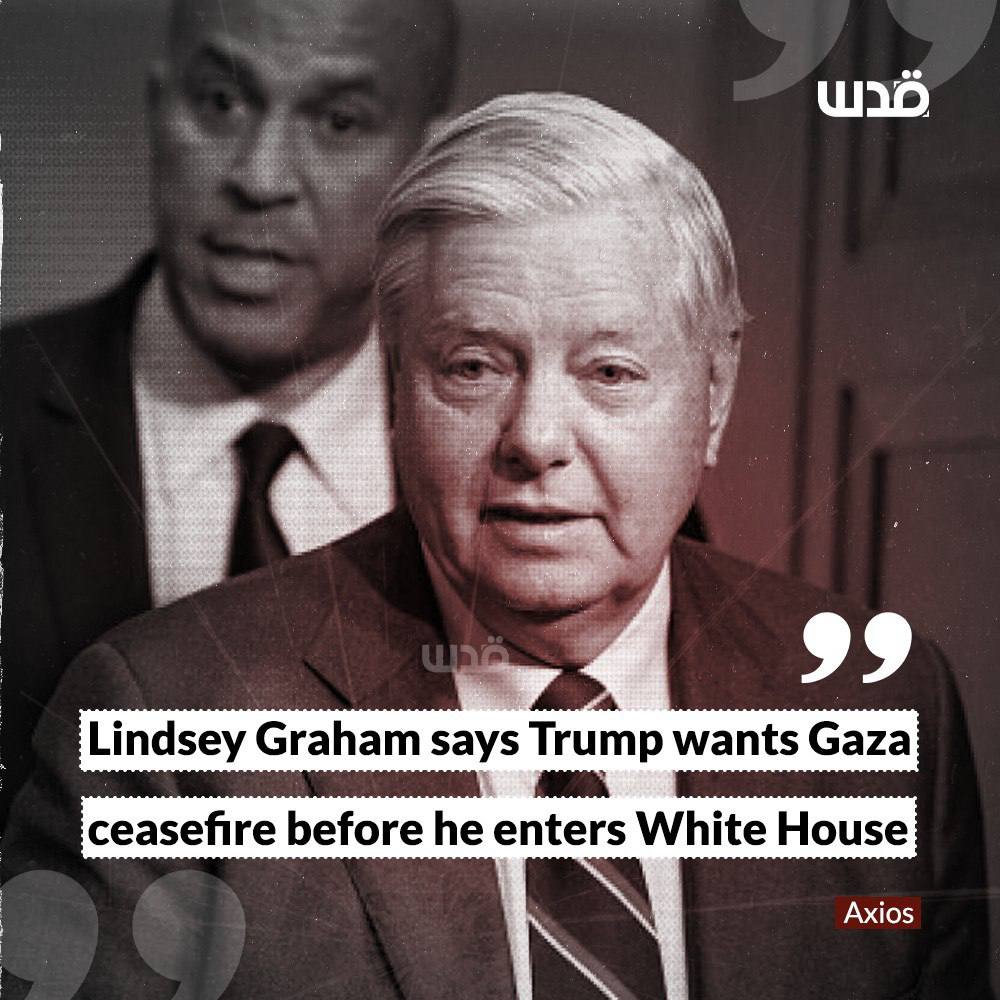
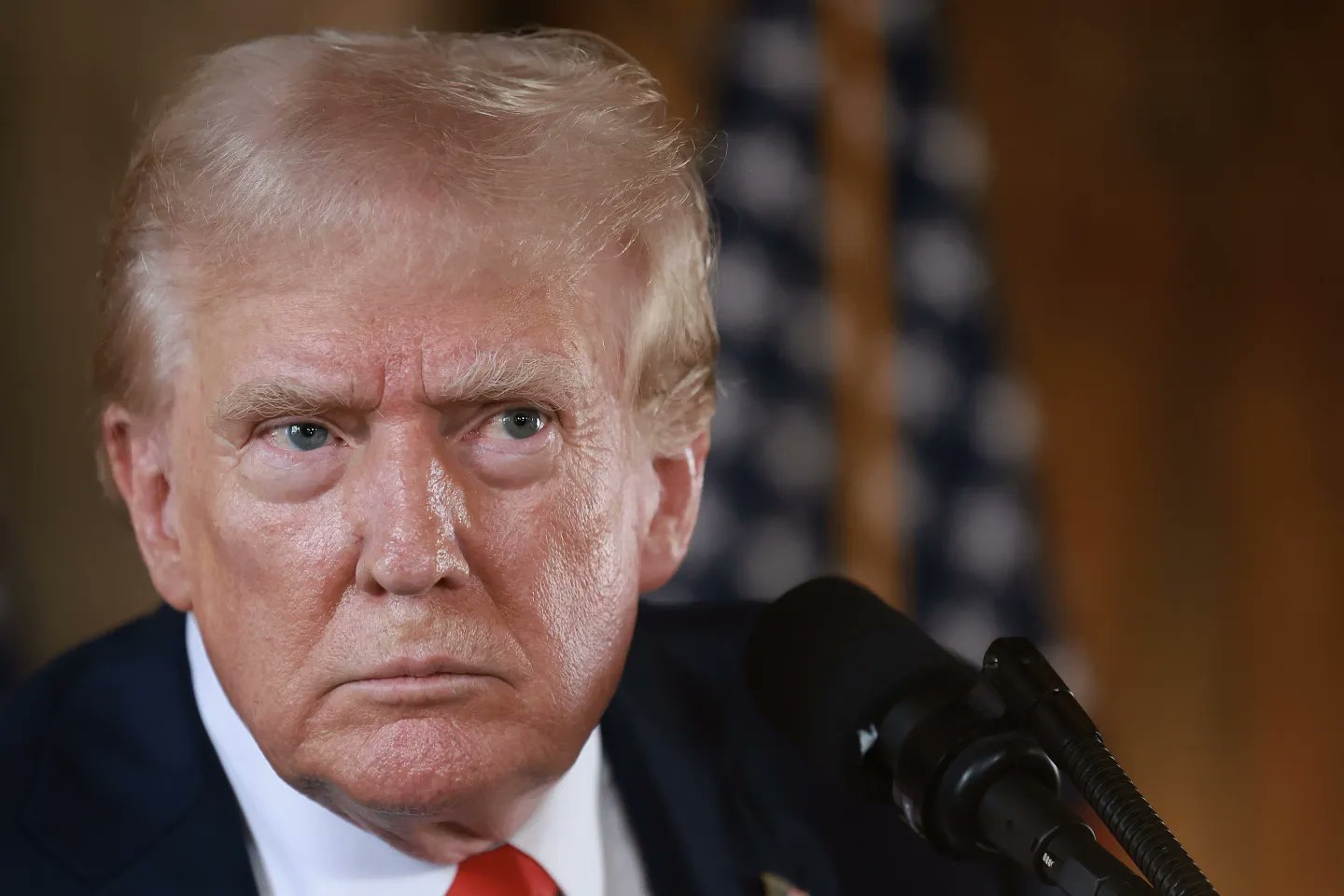
 (@duty2warn)
(@duty2warn) 